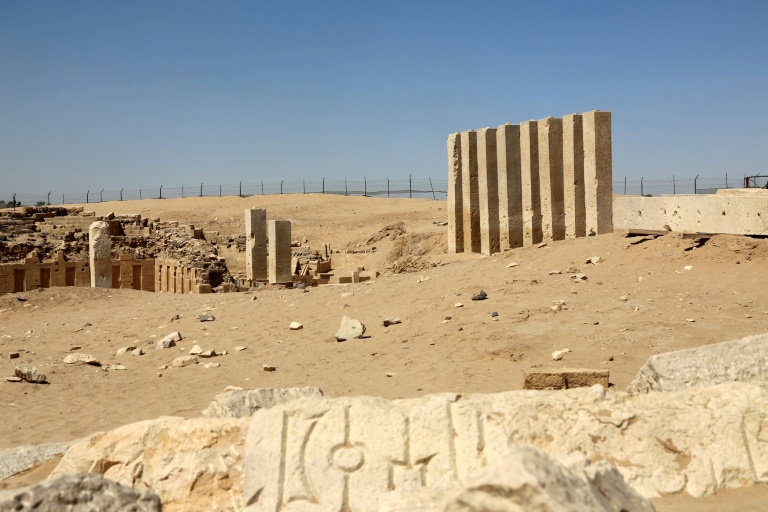UNESCO lists Yemen, Lebanon sites as world heritage in danger

UNESCO listed ruins in Yemen’s Marib province harking back to the Saba kingdom
Paris – The United Nations on Wednesday inscribed an ancient city and its dam in war-torn Yemen and a futurist park in cash-strapped Lebanon on its world heritage list.
The UN cultural agency listed both as world heritage sites in danger, the first because of the conflict raging in Yemen since 2014, and the second because of “its alarming state of conservation” and the lack of resources in Lebanon to maintain it.
Seven archaeological sites were added in Yemen’s province of Marib for bearing witness to the achievements of the Saba kingdom from the first millennium BC to the arrival of Islam in around 630, UNESCO said.
The kingdom, known for the legendary Queen of Sheba, at the time controlled much of the incense route across the Arabian Peninsula.
The newly listed sites include the ancient city of Marib, two temples and the remains of the city’s ancient dam, a feat of ancient hydrological engineering whose bursting is mentioned in the Koran.
The UN body said it hoped the decision would help “mobilise the entire international community for the protection of sites”.
UNESCO’s world heritage committee also voted to add the Rachid Karameh International Fair in Lebanon’s northern coastal city of Tripoli to the list.
The concrete park, a short walk away from the seafront, was designed by legendary Brazilian architect Oscar Niemeyer, but activists have warned it risked crumbling into ruin in recent years.
“The fair was the flagship project of Lebanon’s modernisation policy in the 1960s,” UNESCO said, describing it as “one of the major representative works of 20th century modern architecture” in the region.
Its inscription as a world heritage site in danger “opens access to enhanced international assistance” to preserve it.
Lebanese Prime Minister Najib Mikati, who hails from the city, welcomed the decision as “a great achievement for Lebanon and Lebanese, especially for the city of Tripoli”.
Activists had been hoping for a UNESCO listing to open the way to donor funding to save the park, in a country mired since 2019 in one of the worst financial crises in recent history.
